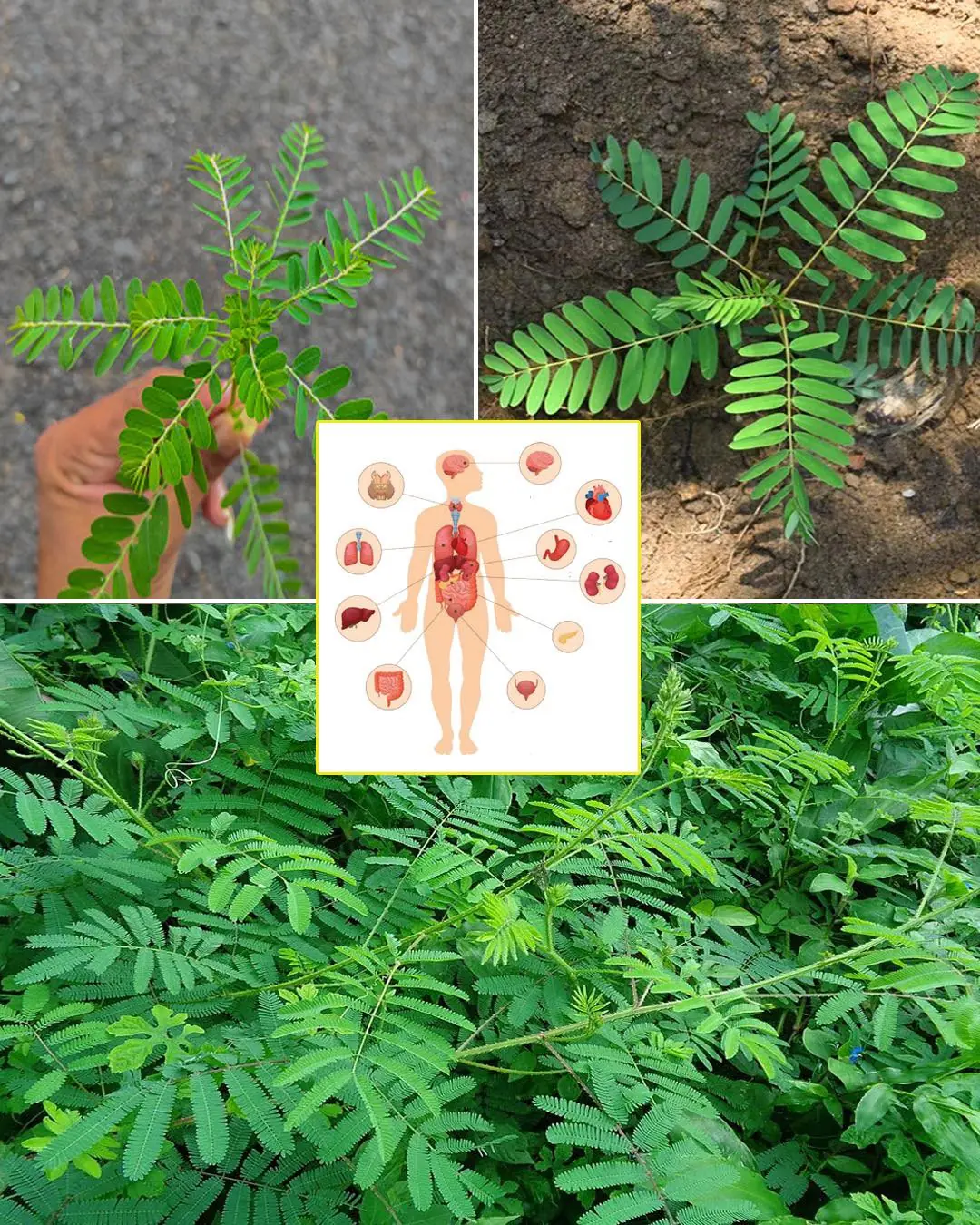
Doctor Reveals One Personal Item You Shouldn’t Risk Sharing
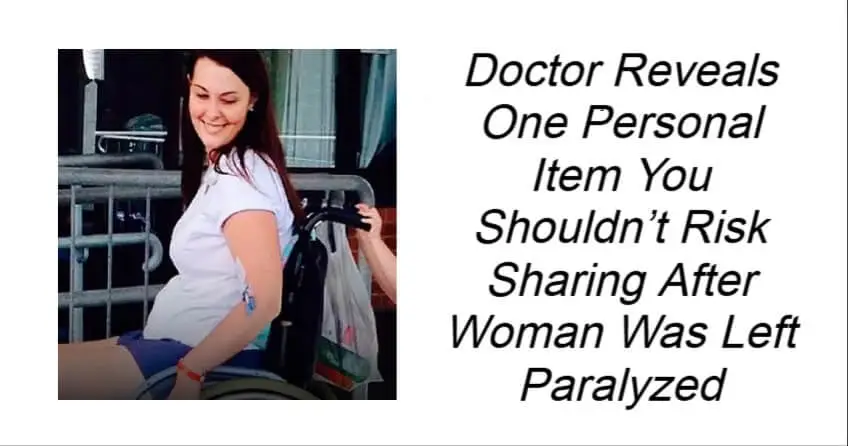
In 2015, Jo Gilchrist, a young mother from Australia, came shockingly close to losing her life—all because of something as seemingly harmless as borrowing a makeup brush. Unbeknownst to Jo, the brush had been used by a friend who was unknowingly carrying a bacterial infection: Staphylococcus aureus.
What made the situation particularly dangerous was that Jo contracted a highly aggressive strain known as Methicillin-Resistant Staphylococcus aureus (MRSA), a type of bacteria that is resistant to many commonly prescribed antibiotics. These so-called "superbugs" can cause severe, sometimes fatal, infections when not treated quickly and correctly.
The bacteria entered Jo's body through a small, unnoticed cut on her face. From there, it quickly traveled through her bloodstream and attacked her spinal cord. As a result, she suffered extensive nerve damage and lost the ability to walk, becoming paralyzed from the waist down.
“I thought I was dying,” Jo recalled. “Lying in surgery, all I could think about was my two-year-old son who needed me. I didn’t know if I would ever see him again, or if I’d be able to hold him.”
Jo endured five grueling months in the hospital, undergoing multiple surgeries and intense rehabilitation. Doctors initially told her she would never walk again. But she was determined not to give up. Her recovery took a turn for the better when she discovered Making Strides, a specialized rehabilitation center that helped her regain mobility. Through dedicated physical therapy, she eventually learned to walk—and even run—again, defying medical expectations.
Today, Jo shares her story to raise awareness about the hidden dangers of bacterial infections and the importance of recognizing early symptoms.
“Take unusual pain seriously,” she advises. “Don’t brush off symptoms that don’t feel normal. Even if life deals you a tough hand, you can fight for your independence. You might come out of it stronger than you ever thought possible.”
Her First Symptoms Were Easy to Dismiss
Jo’s ordeal began with what seemed like a common backache. But the pain rapidly escalated to an unbearable level. Within days, she began to lose sensation in her legs. By the time she reached the hospital, she was completely paralyzed from the waist down.
Symptoms of MRSA Can Vary, but Often Include:
-
Red, swollen, or painful skin (especially near cuts or wounds)
-
Fever and chills
-
Extreme fatigue or weakness
-
Severe pain that doesn’t go away
-
Loss of feeling or difficulty moving, especially if the infection reaches the spinal cord or nervous system
In Jo’s case, ignoring her symptoms delayed diagnosis and nearly cost her life. Her experience serves as a powerful reminder of how quickly bacterial infections can escalate when left untreated.
How MRSA Is Transmitted
MRSA is commonly spread through direct or indirect contact with an infected person or contaminated surface. In Jo’s case, the culprit was likely her friend’s makeup brush, which carried the bacteria.
Common ways MRSA can spread include:
-
Skin-to-skin contact – especially with an infected wound
-
Sharing personal items – including makeup brushes, razors, towels, or gym equipment
-
Open wounds or cuts – even the smallest skin break can be an entry point for infection
-
Poor hygiene – infrequent handwashing or lack of disinfection on shared surfaces increases the risk
Medical professionals emphasize the importance of not sharing personal hygiene items and keeping any skin breaks clean and covered. Something as routine as borrowing a makeup brush or towel can have unexpected and serious health consequences.
A Cautionary Tale with a Powerful Message
Jo Gilchrist’s story isn’t just a warning about MRSA—it’s also a story of resilience and hope. Despite being told she would never walk again, Jo refused to accept a life of permanent disability. Through perseverance and support, she reclaimed her independence and now uses her experience to educate others.
“I’m not angry this happened,” she says. “I’ve learned to appreciate my body, my health, and my ability to keep fighting.”
Her journey reminds us how easily infections can spread, and how critical it is to take our health seriously—before it’s too late.
News in the same category

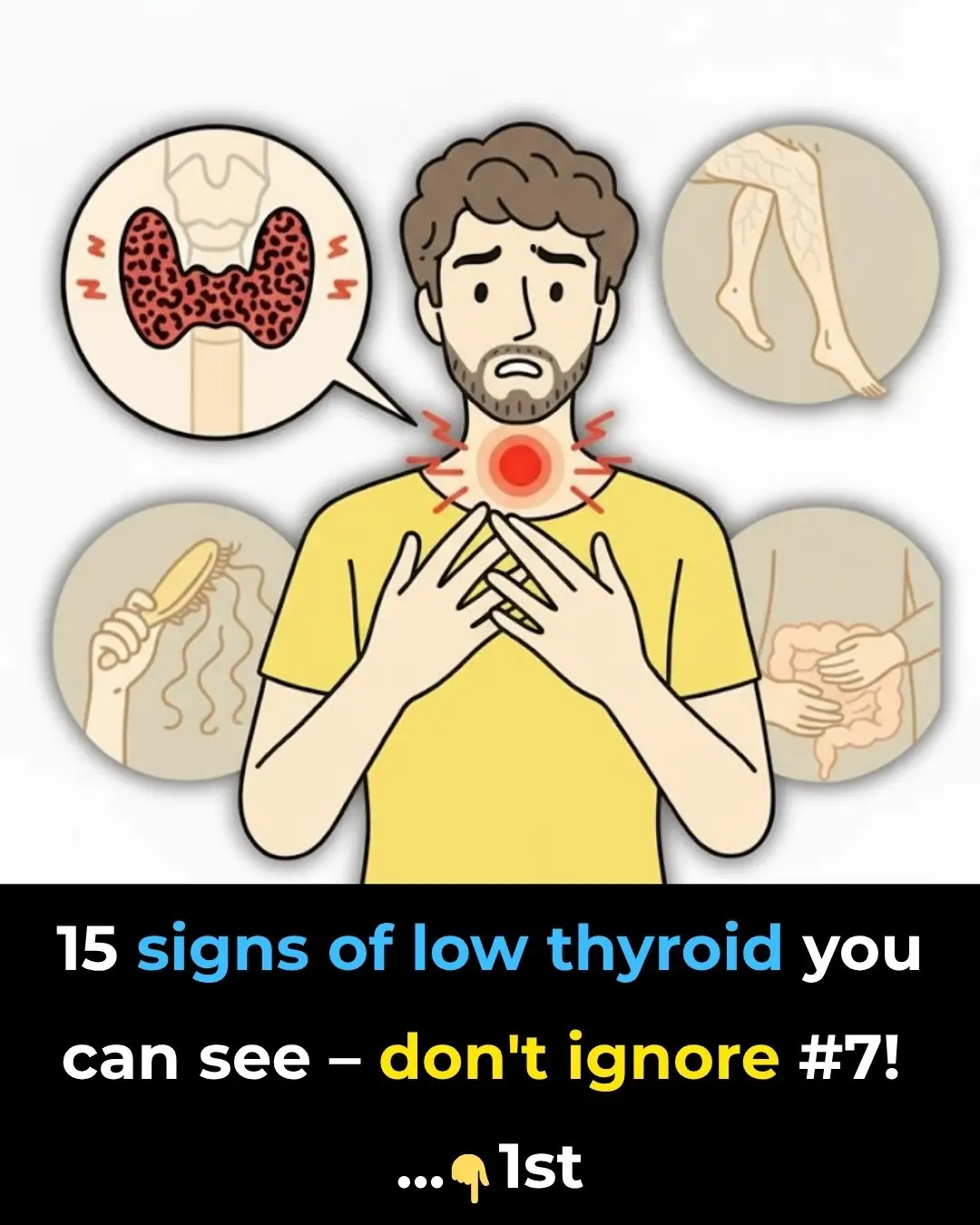
15 visible signs of low thyroid you can see – don’t ignore #7!

The 30-second ear shake trick: try it and see shocking results

8 Foods To Avoid With Enlarged Prostate
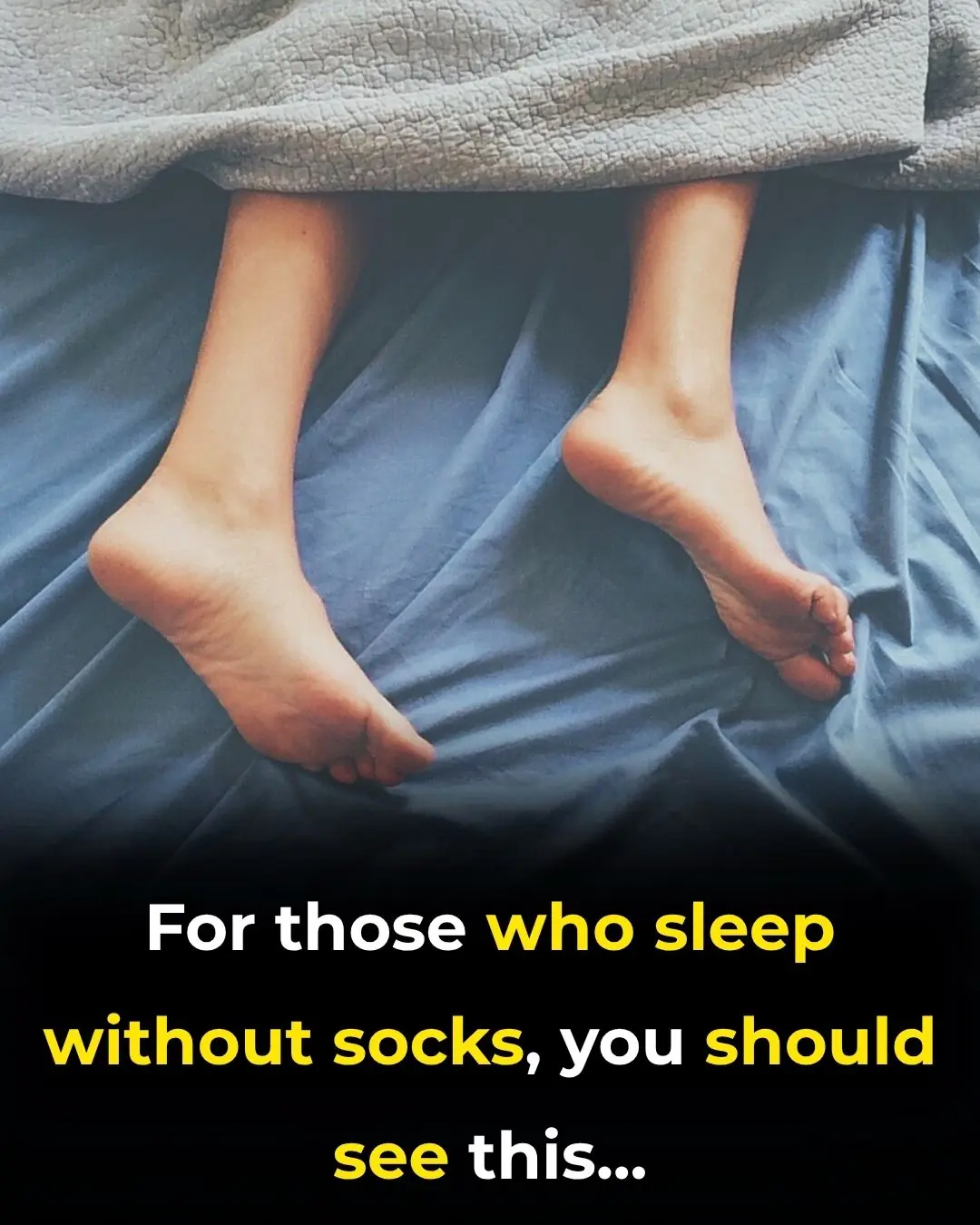
For those who sleep without socks, you should see this...

The Real Reason To Drink Lemon Water Revealed

Vitamin B12 Deficiency Can Wreck Your Health Here’s How to Spot It EARLY

SEVEN TYPES OF PAIN DOCTORS SAY ARE MAJOR RED FLAGS FOR YOUR HEALTH
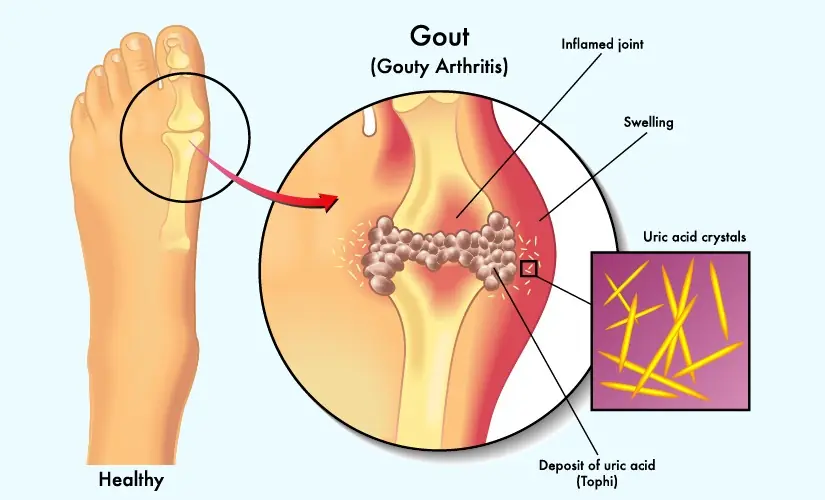
THE NATURAL SECRET DOCTORS NEVER TELL YOU THAT MELTS AWAY URIC ACID

Your Body Will Change In Unexpected Ways When You Eat 2 Eggs Daily
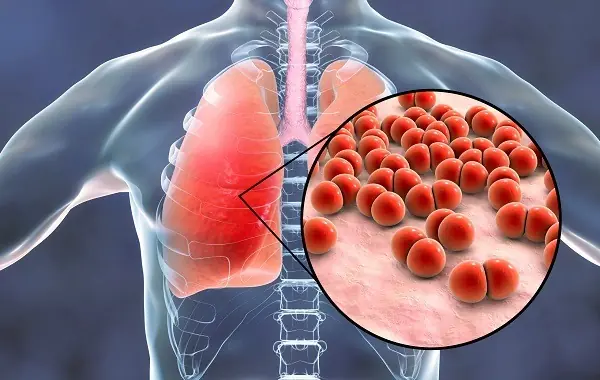
Lung Disease Starts Silently – Spot These Early Signs Before It’s Too Late
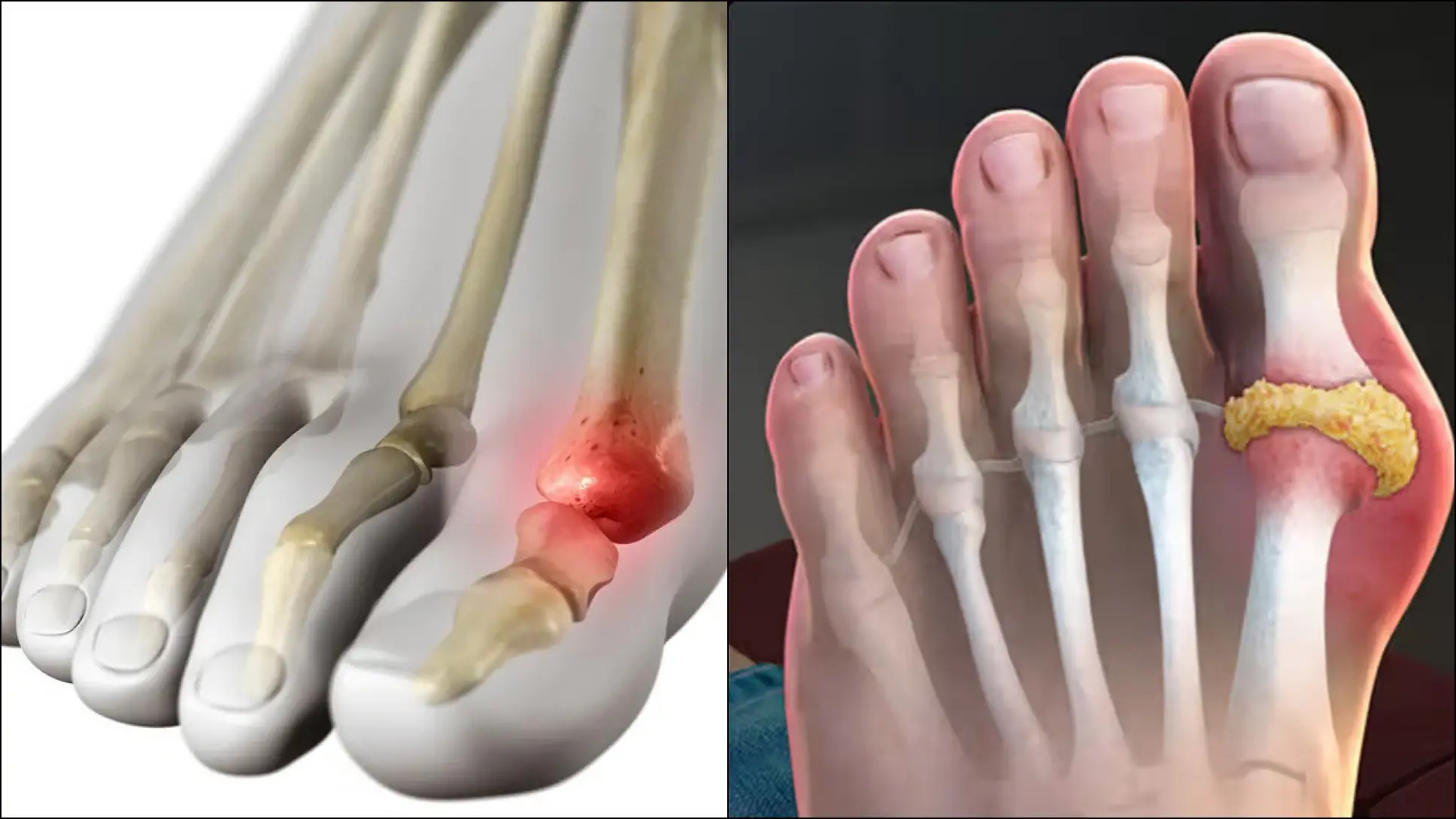
HOW TO QUICKLY REMOVE URIC ACID CRYSTALLIZATION FROM YOUR BODY TO PREVENT GOUT AND JOINT PAIN
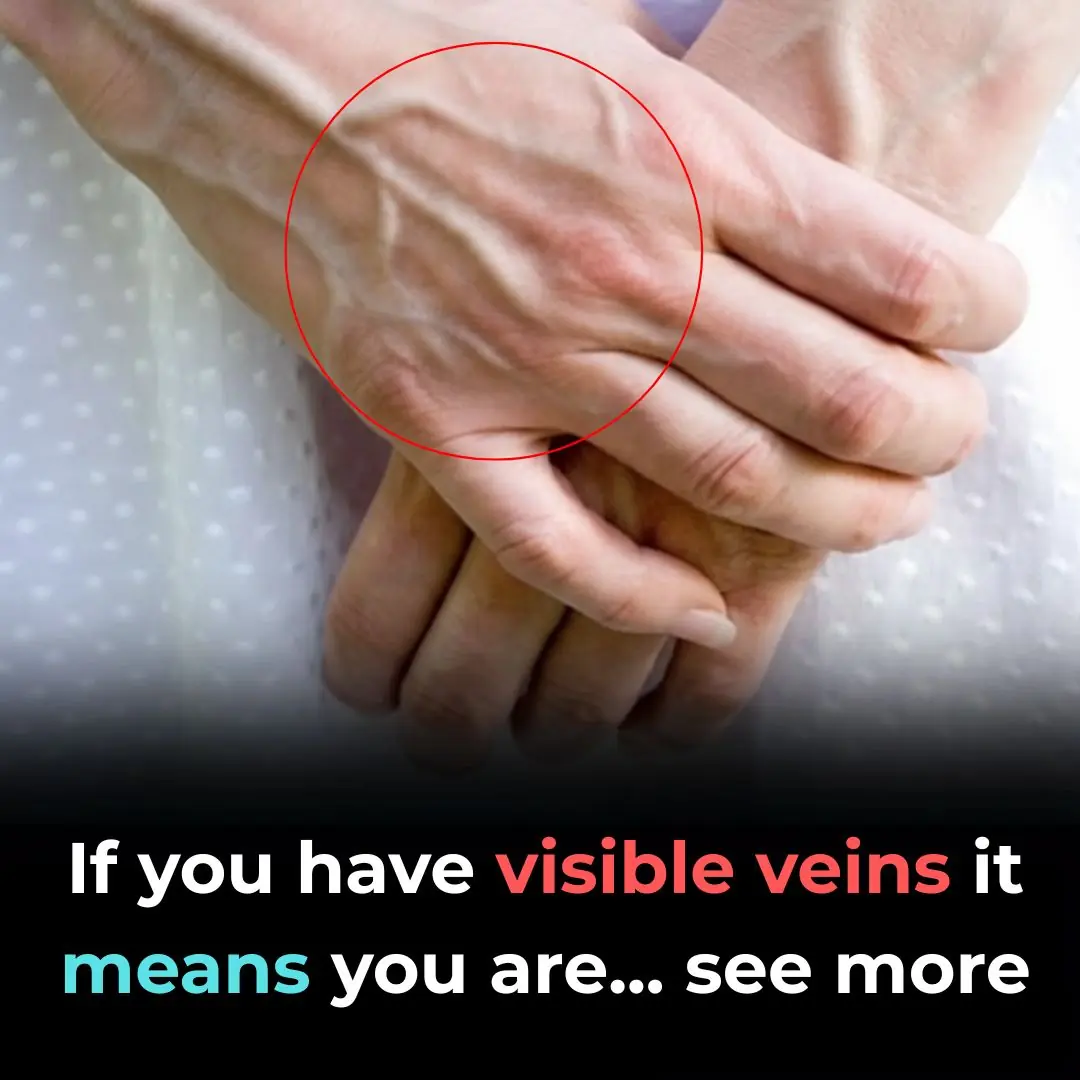
When to Worry About Veins That Appear Out of Nowhere
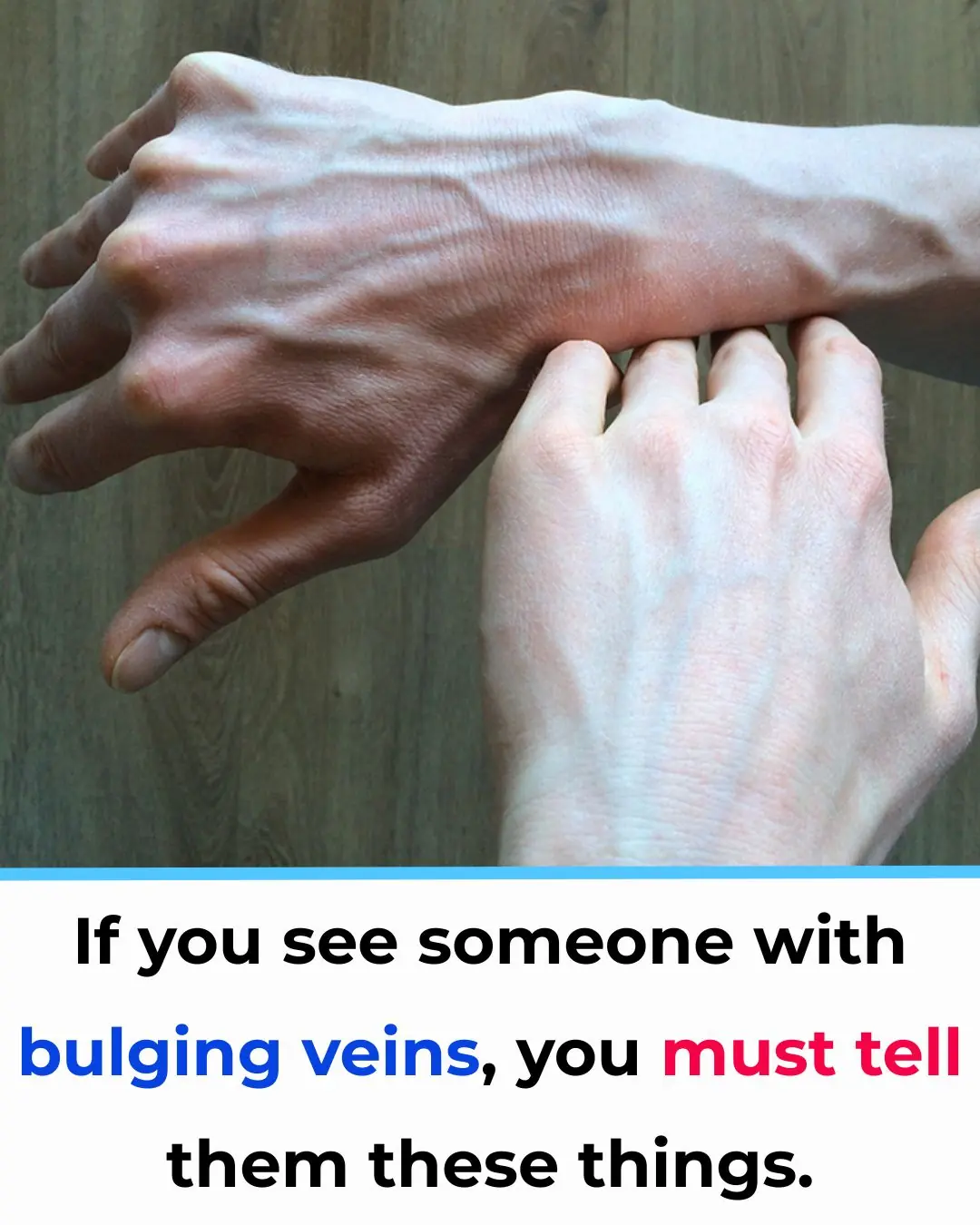
If You See Someone With Prominent Blue Veins, You Definitely Need to Tell Them This—It Could Save Their Life
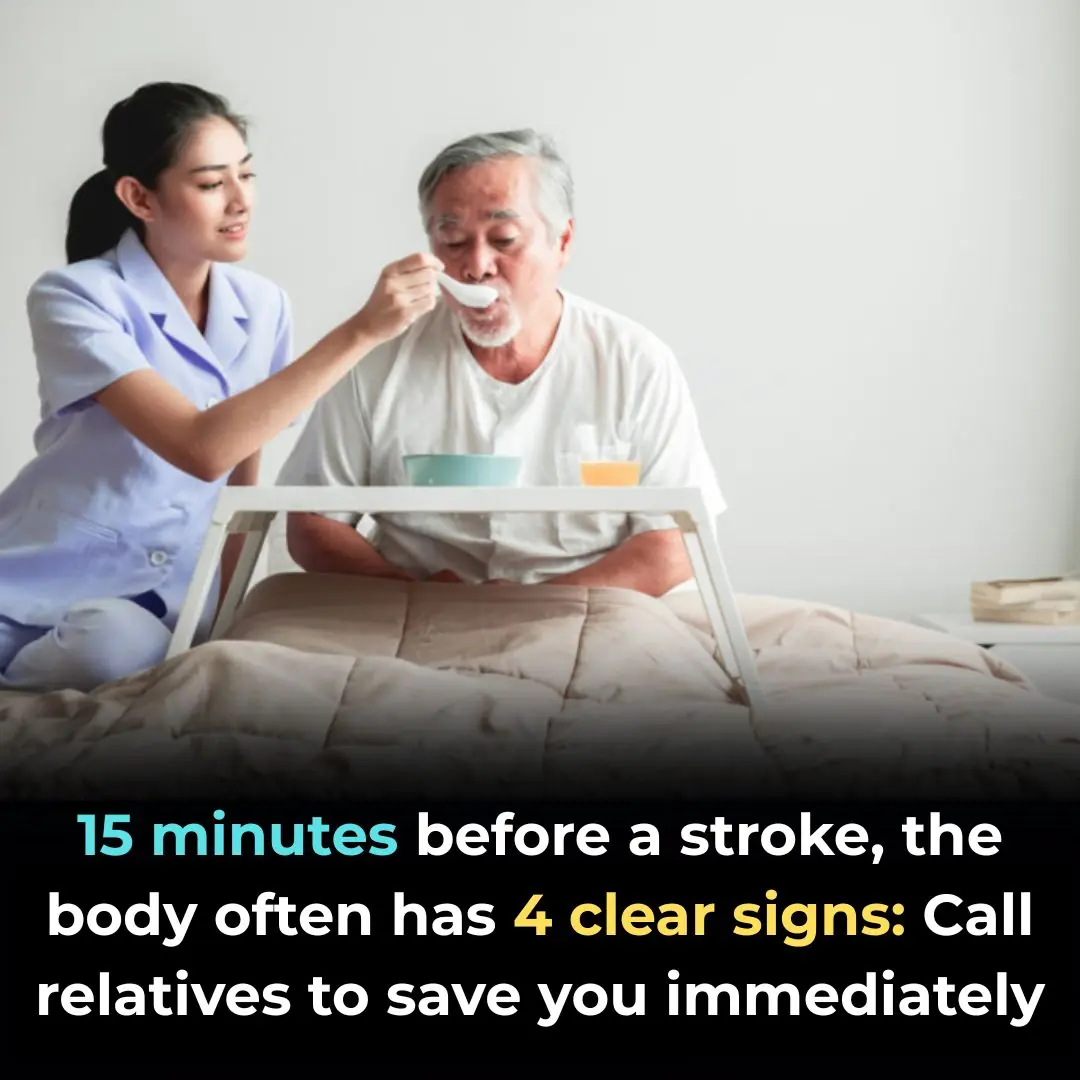
4 Clear Signs That Appear 15 Minutes Before a Stroke: Call for Immediate Help

Alarming Study Links Eating Ramen Often to Early Death

3 Ways to Stop Acid Reflux Naturally
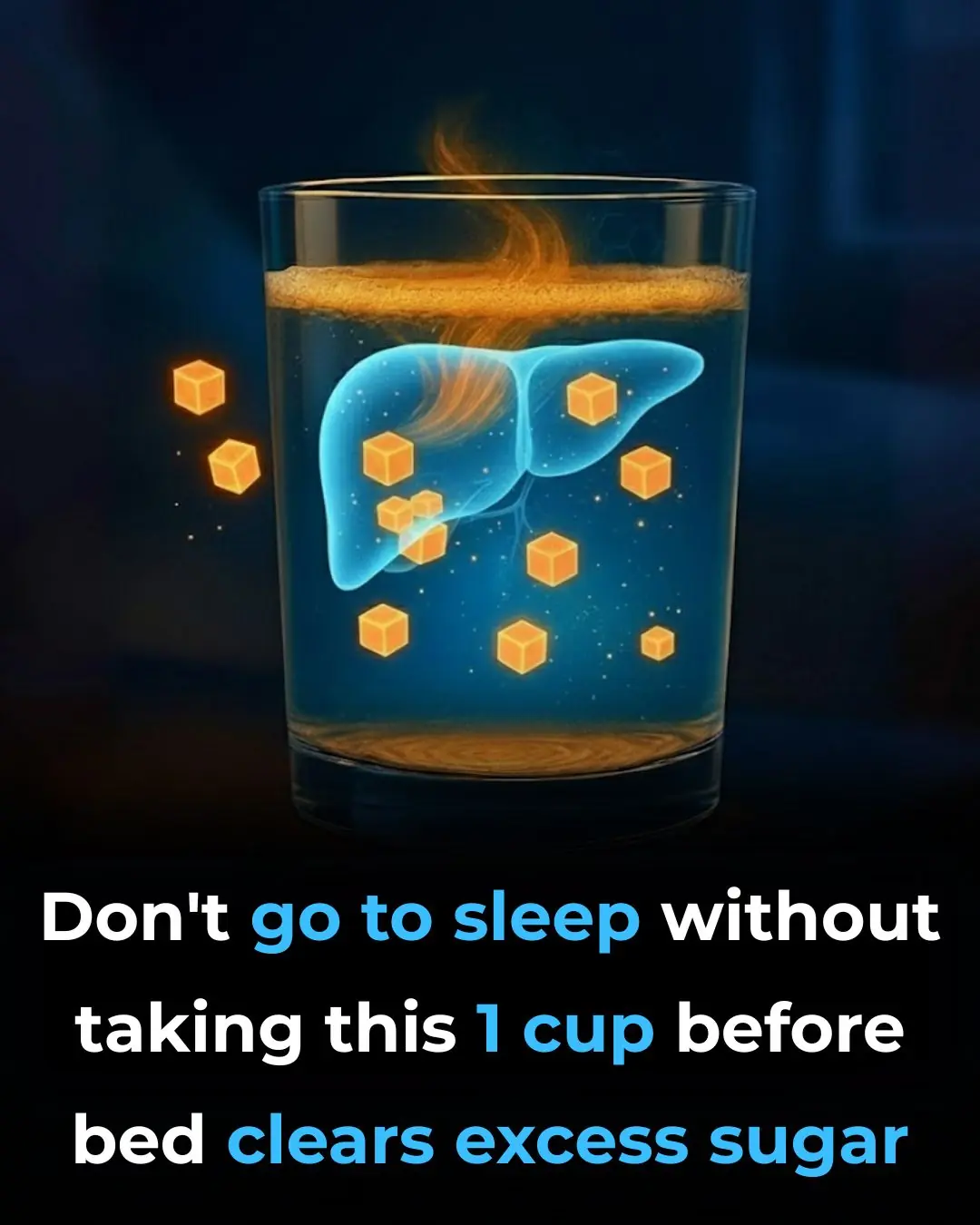
Don’t go to sleep without taking this — 1 cup before bed clears excess sugar
News Post

Growing Wildflowers: A Mother’s Journey Through the Chaos

The Baby in Princess Diana’s Arms
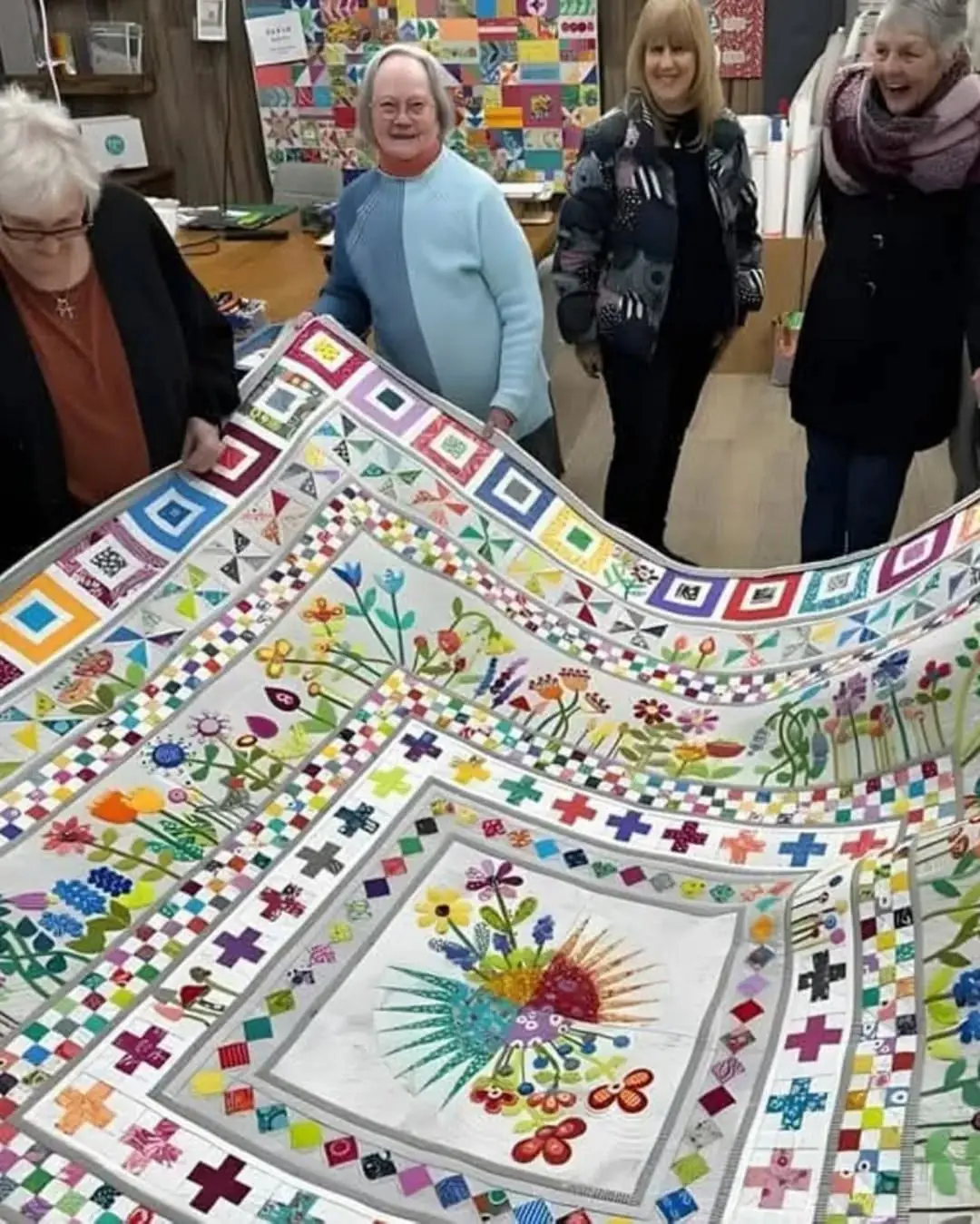
A Lifetime in Bloom: Lois Shows Us What Passion Truly Grows

Farewell to a Giant Soul: Vatsala the Elephant Passes at 100
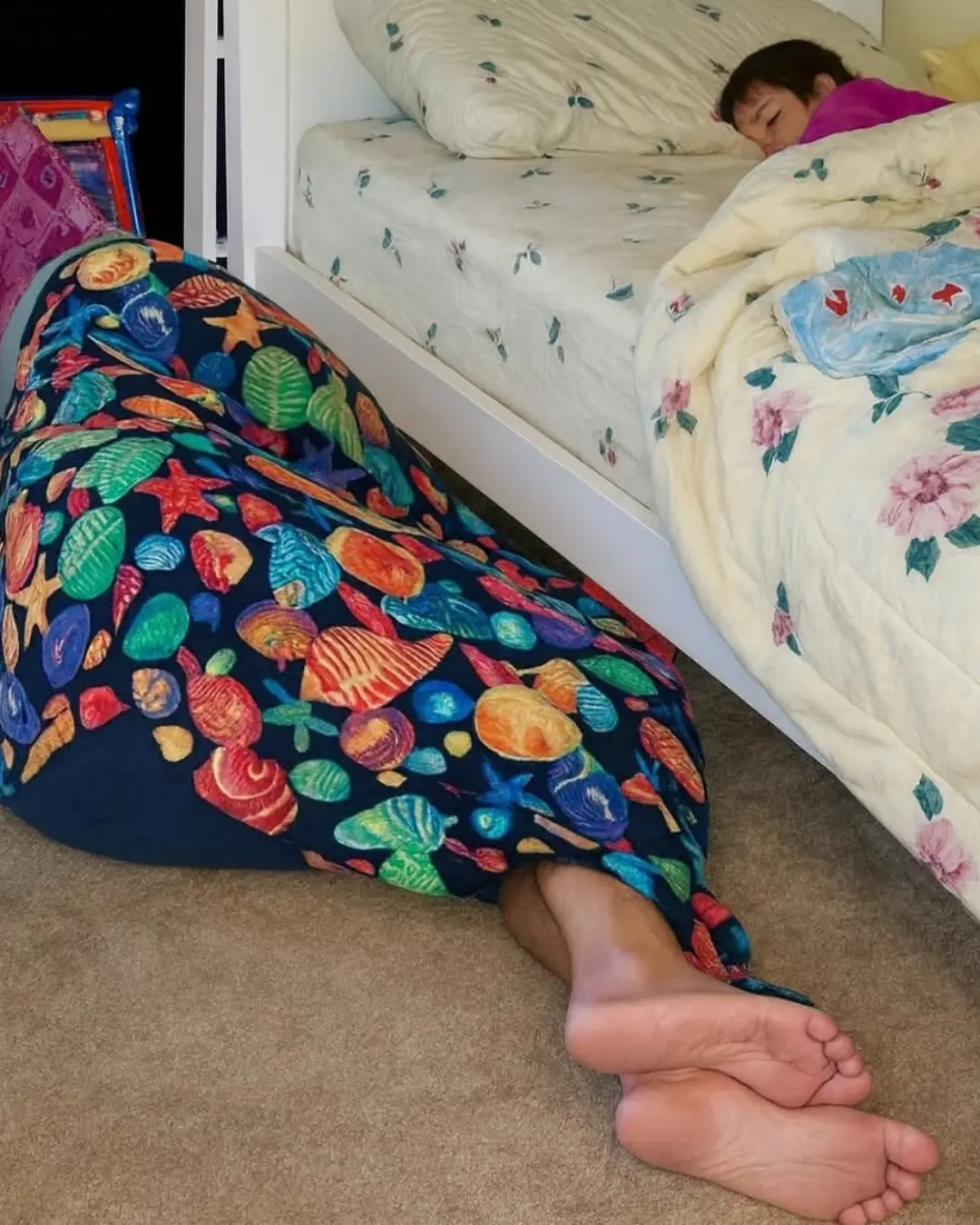
Keeping the Monsters Away: The Quiet Heroism of Foster Parents

From Sidewalk to Forever: A Daughter’s Choice That Changed Everything

A Thirst for Life: Cyclists Halt Ride to Save Parched Koala in Australia’s Heatwave

An Actor’s Greatest Role: Morgan Freeman Becomes a Guardian of Strays
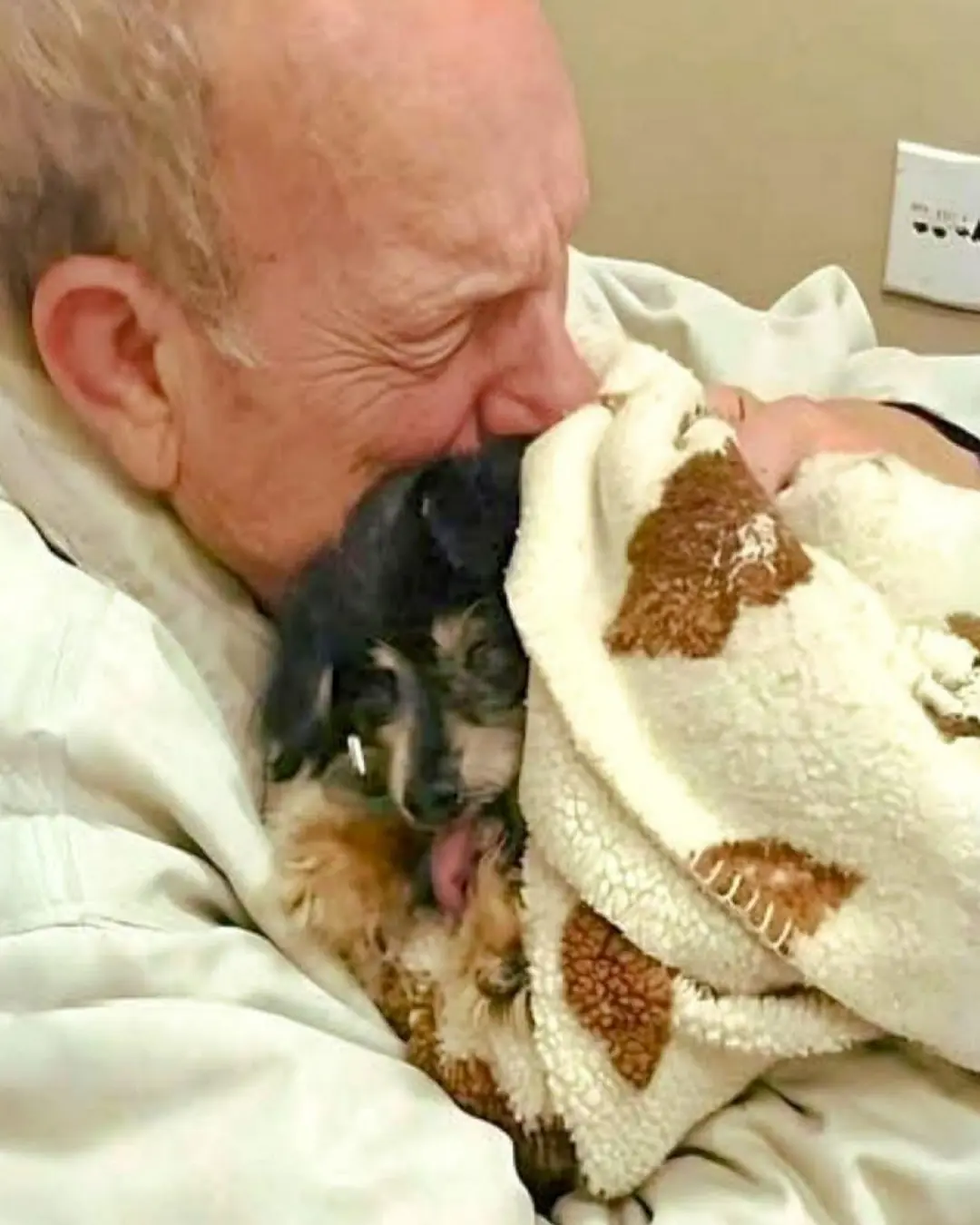
When a Celebration Became a Goodbye: A Daughter’s Farewell to Her Faithful Companion

Bella the Hero: How a Pit Bull’s Loyalty Saved a Life

No Matter How Dirty You Are, Absolutely AVOID These 7 “Dangerous Hours” When Washing Your Hair to Prevent Stroke, Sudden Illness, or Hospitalization Without Warning

3 Common Mistakes When Using Plastic Wrap That Can Cause Cancer and Are Often Made by Many People

A Kiss from Joy: The Language of Love Between Elephants and Humans

What Do Vertical Nail Ridges Mean After 40
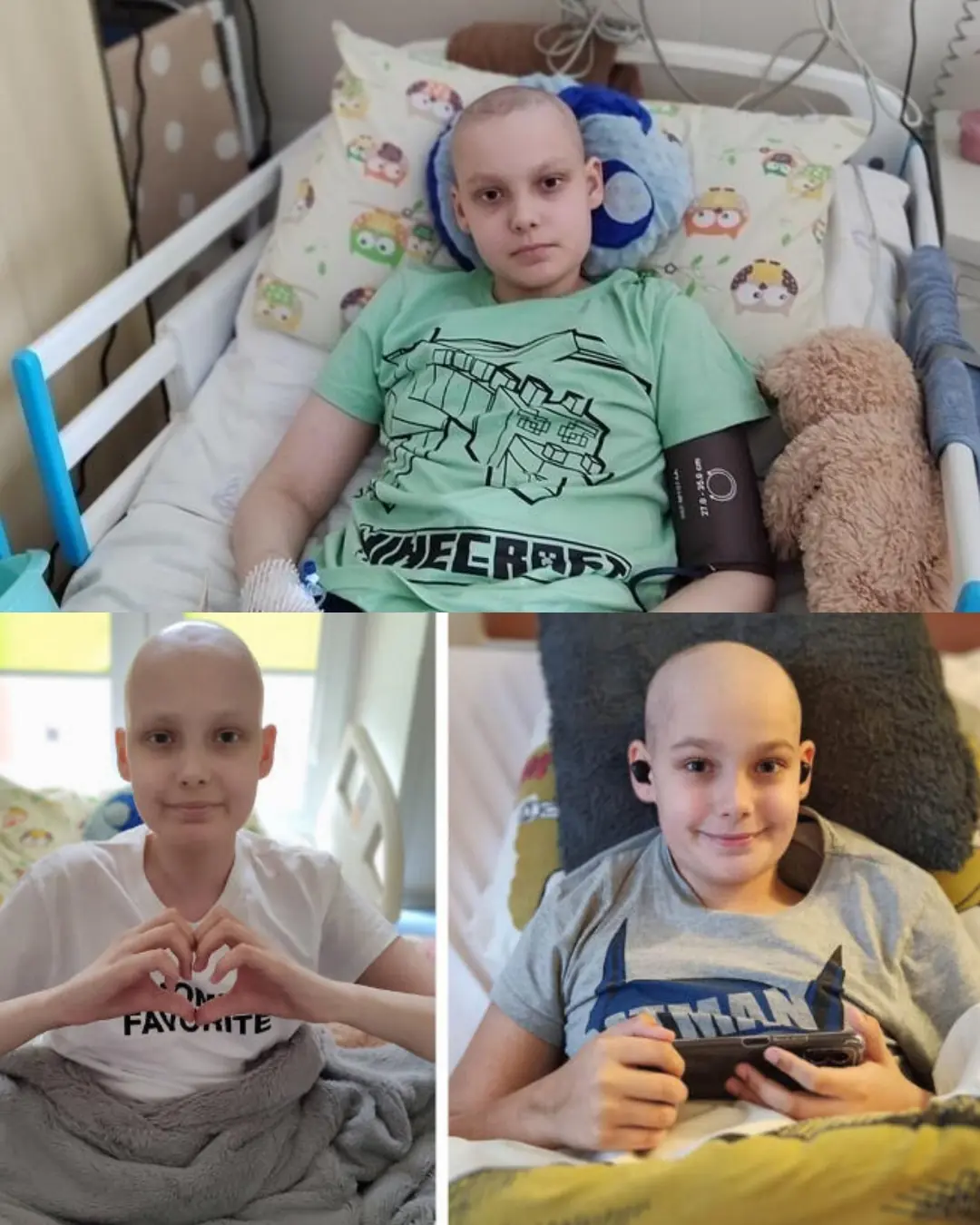
A Brave Fight for Life: Kuba’s Battle Against Ewing’s Sarcoma
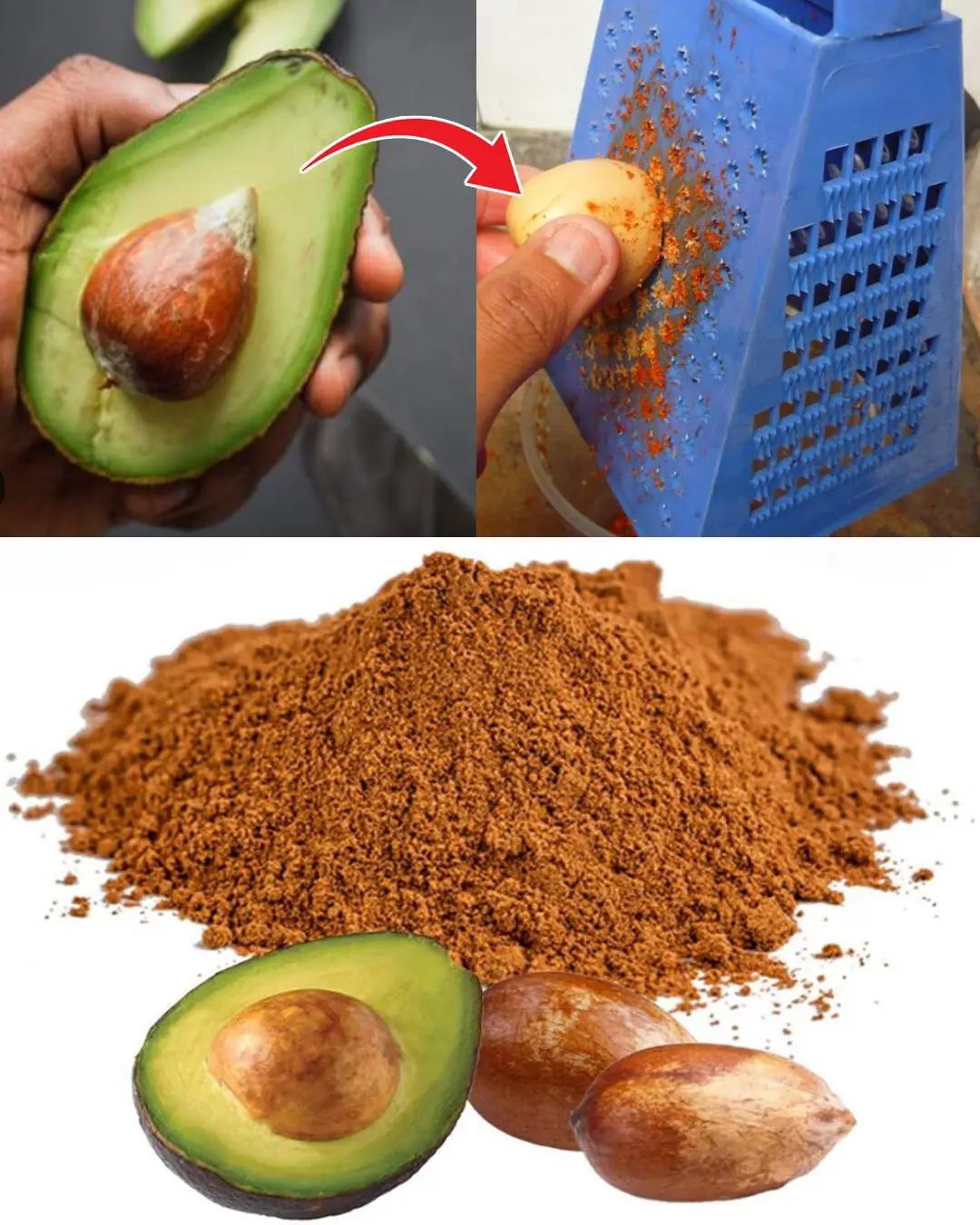
Avocado Seeds Benefits: 7 Reasons to use them

9 Signs You’re Actually Going Through Menopause (Even If You Didn’t Realize It)
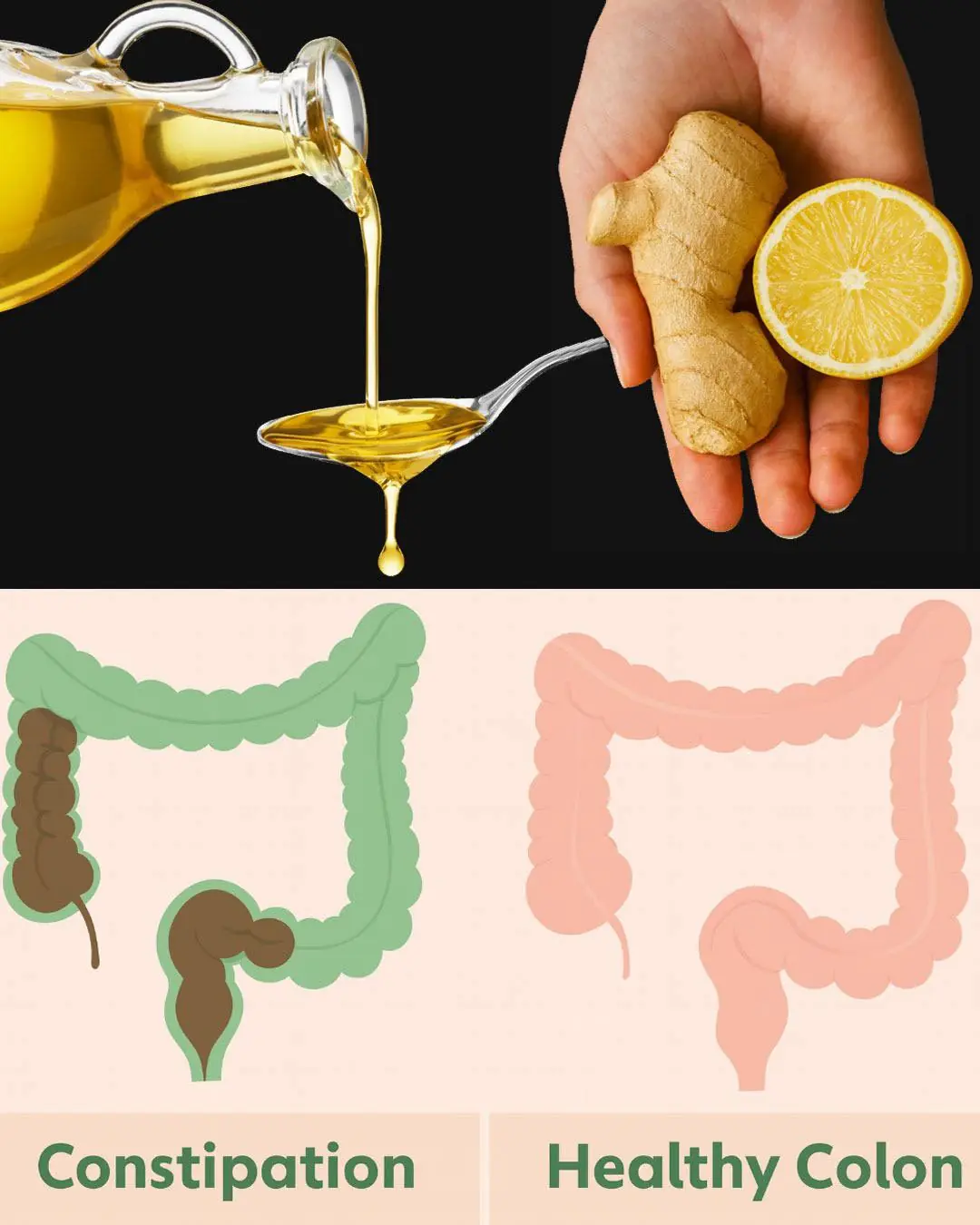
Morning Detox Elixir: Olive Oil, Lemon & Ginger – The Natural Cleanse You Need Daily
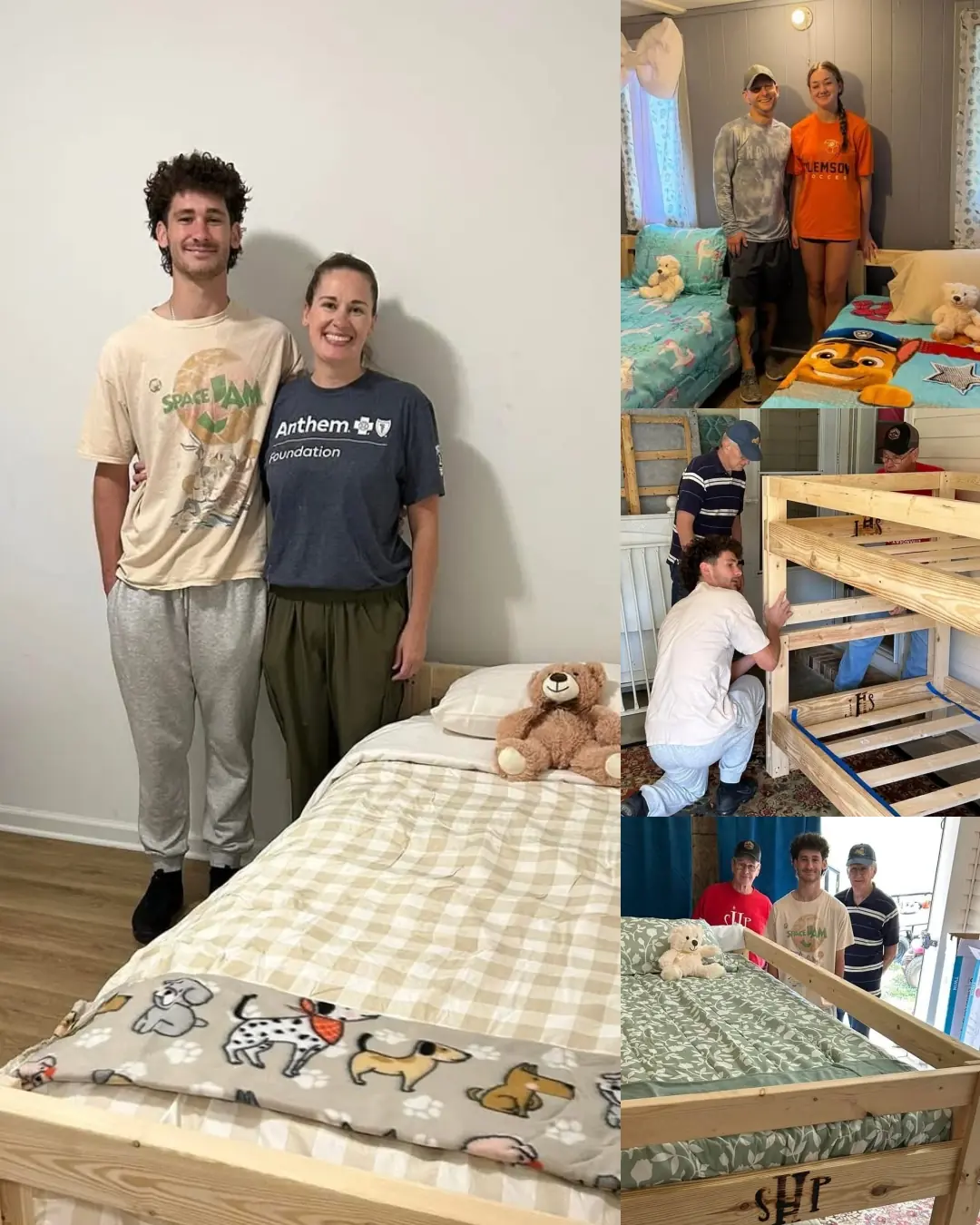
Nine Children in Dawsonville Get the Gift of a Bed, Comfort, and Peaceful Sleep
